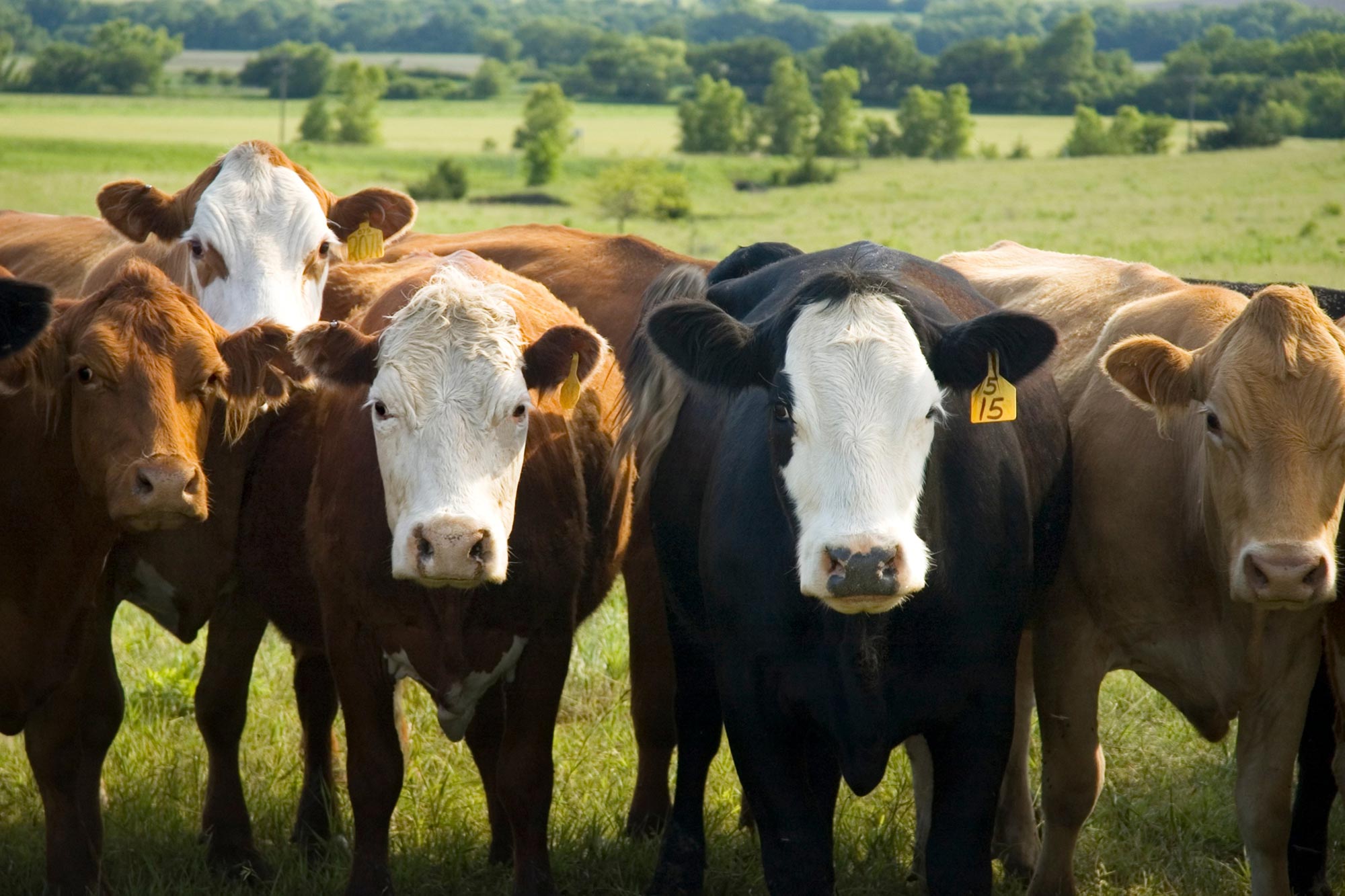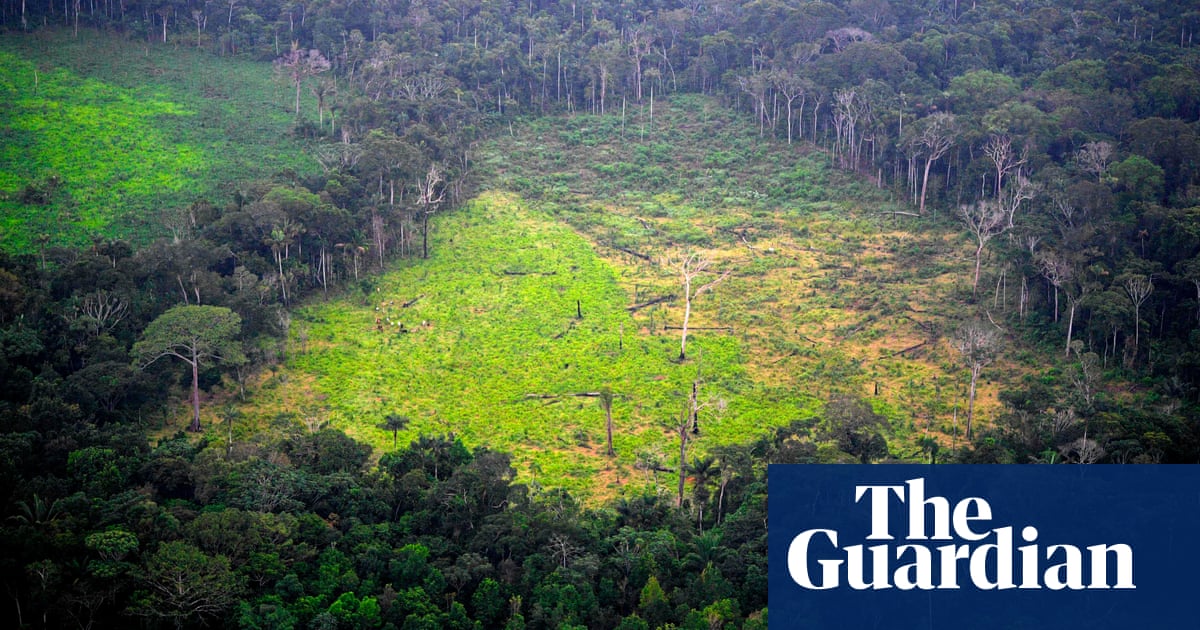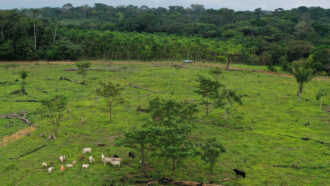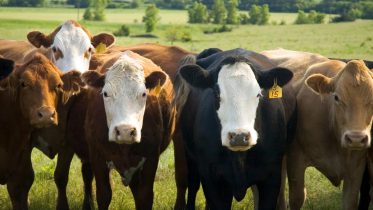
Microbial Protein
Single-cell proteins or microbial proteins refer to edible unicellular microorganisms. The biomass or protein extract from pure or mixed cultures of algae, yeasts, fungi or bacteria may be used as an ingredient or a substitute for protein-rich foods, and is suitable for human consumption or as animal feeds. Industrial agriculture is marked by a high water footprint, high land use, biodiversity destruction, general environmental degradation and contributes to climate change by emission of a third of all greenhouse gases, production of SCP does not necessarily exhibit any of these serious drawbacks. As of today, SCP is commonly grown on agricultural waste products, and as such inherits the ecological footprint and water footprint of industrial agriculture. However, SCP may also be produced entirely independent of agricultural waste products through autotrophic growth.



